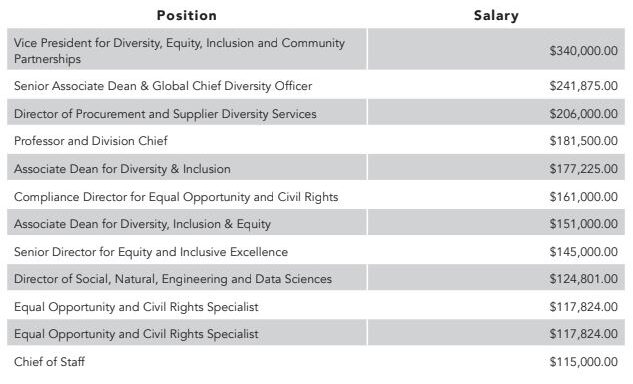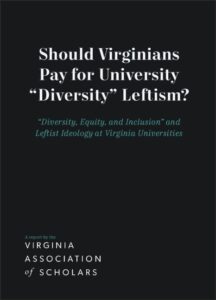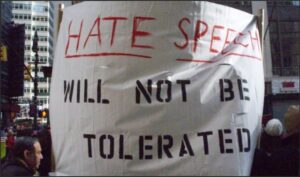Note: Our struggles at the University of Virginia mirror the culture wars raging across the country. From time to time The Jefferson Council will recommend articles we find to shed light on trends affecting Mr. Jefferson’s university. We are adding a button to our menu linking to an archive of these articles. Happy reading! — JAB
An obsession with Diversity, Equity and Inclusion threatens students, professors, and the very credibility of higher education in the U.S.
by John Sailer
The Free Press
In June 2020, Gordon Klein, a longtime accounting lecturer at UCLA, made the news after a student emailed him asking him to grade black students more leniently in the wake of the “unjust murders of Ahmaud Arbery, Breonna Taylor and George Floyd.”
Klein’s response was blunt. It stated in part:
Thanks for your suggestion in your email below that I give black students special treatment, given the tragedy in Minnesota. Do you know the names of the classmates that are black? How can I identify them since we’ve been having online classes only? Are there any students that may be of mixed parentage, such as half black-half Asian? What do you suggest I do with respect to them? A full concession or just half? Read the whole article.








